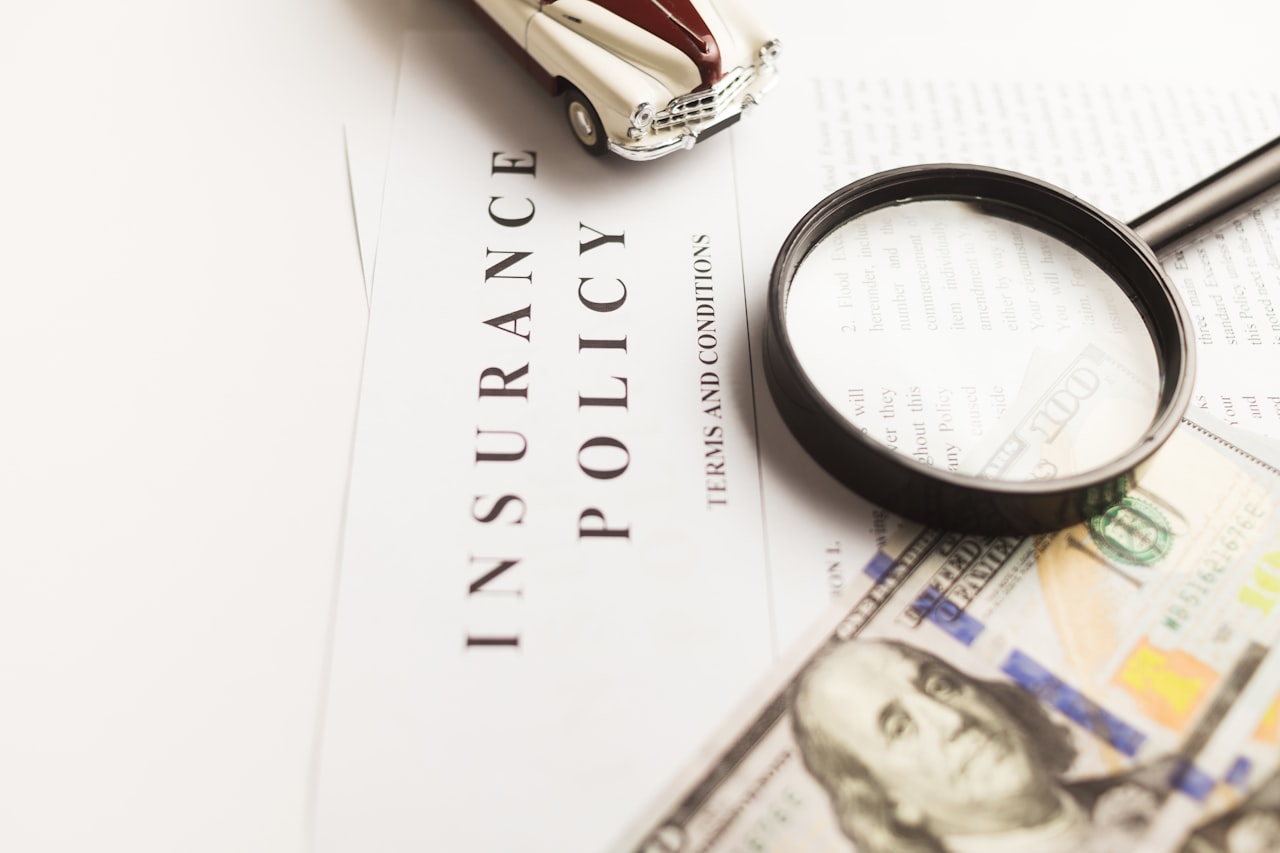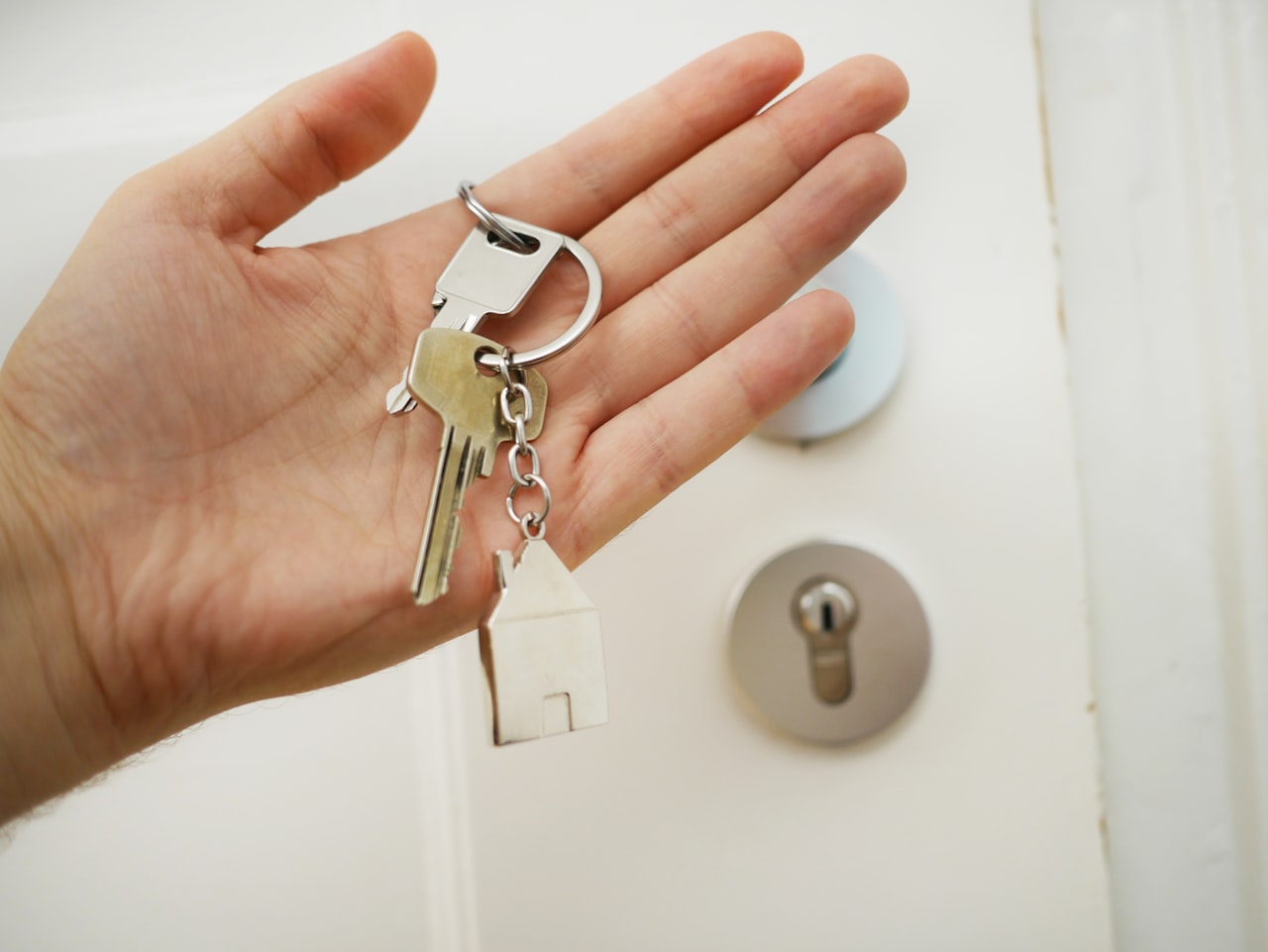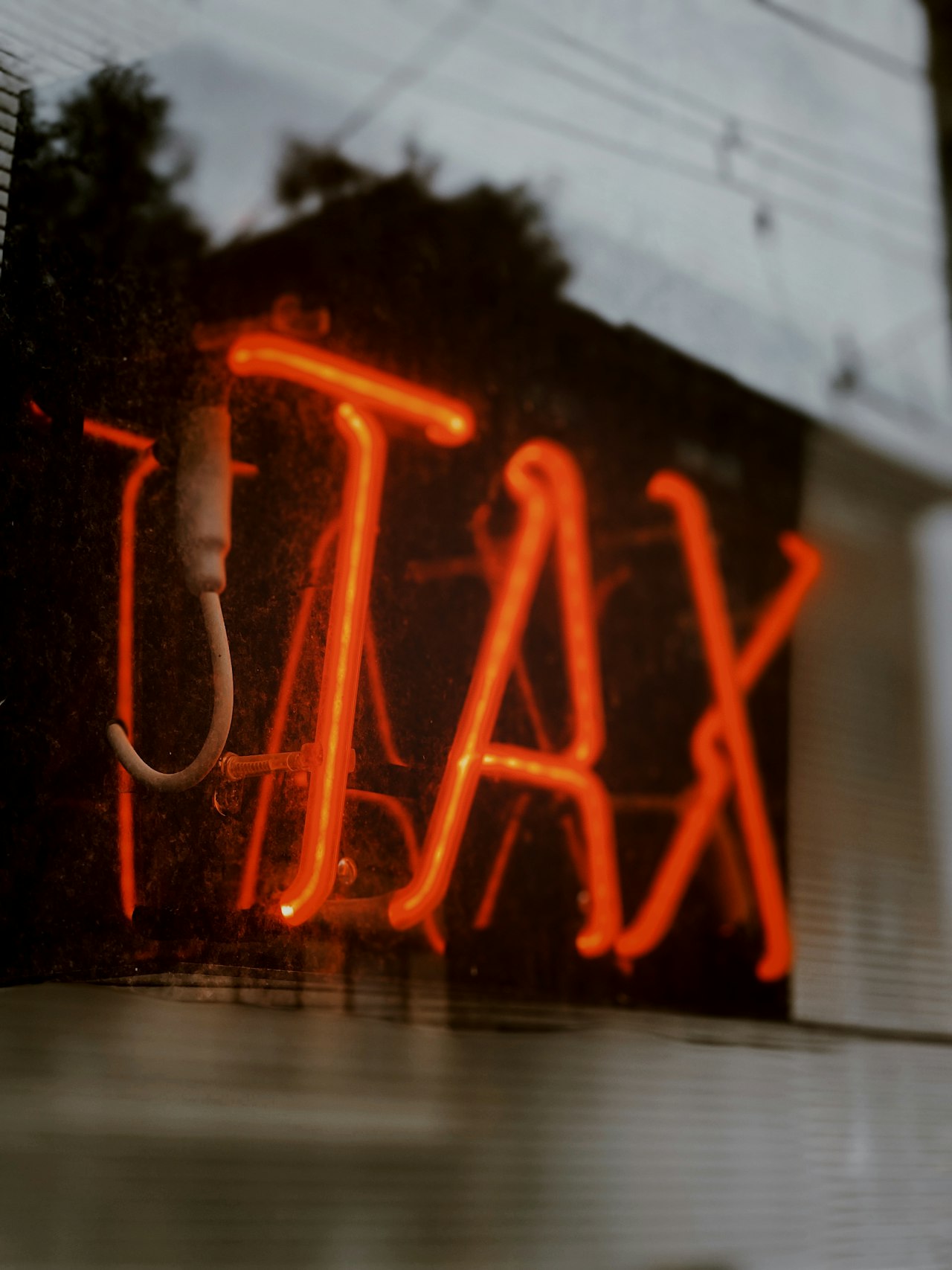Does Homeowners Insurance Pay Off your Mortgage if the House is Burned Down?
In this article, we explore how homeowners insurance works and what happens in the event of a house fire.
A house fire can be devastating. Not only can it be emotionally devastating to lose your belongings, but the fear of the unknown can be scary, too. Trying to find temporary living arrangements, replace your personal items, pay your mortgage, and pick up the aftermath pieces can be overwhelming.
One of the most frequently asked questions we hear is "will homeowners insurance pay off my mortgage if the house is burned down?'' In this article, we explore how homeowners insurance works and what happens in the event of a house fire.
How does Homeowners Insurance Work for Loss or Damage?
When you borrow money from a financial institution, the lender has a security interest in your home until the mortgage is paid off. This means, the lending institution will typically require that you insure that home for at least the outstanding balance of the loan. If a homeowner fails to do this, the lender does have the right to put the insurance in place and bill you for it. This is referred to as "lender placed insurance,'' and is usually much more expensive than the insurance you would purchase yourself. Furthermore, this type of coverage could be inferior to what you could purchase on your own.
In the event that your home sustains loss or damage that is covered by your Homeowner's Insurance policy, and you hold replacement cost coverage, your Homeowner's policy will cover the cost of your repairs (minus your deductible and any excluded property).
What Happens Immediately Following a House Fire?
If your home is completely destroyed, your Homeowner's policy has a 'loss of use or additional living expense' policy which allows you to maintain your standard of living while dealing with this loss.
Therefore, if you live in a mansion, your insurance will cover you renting something comparable in the interim. Likewise if you lived in a modest home or shack. In addition to meeting your housing needs, this policy also covers laundry service and meals. If you are ever in this unfortunate situation, it's important to keep detailed records and receipts of your expenditures. This will make the difference in whether you get reimbursed or not.
What Happens to Your Mortgage Following a House Fire?
That's great that the policy covers you immediately following a fire, but what happens with your mortgage?
If your home sustains a total loss, and you elect not to rebuild the home, your lending institution has a security interest in the loss settlement from your insurer. This is typically equal to the outstanding balance on the loan (plus any accrued interest or penalties).
For example, if your home was valued at $500,000 with a mortgage of $150,000, and a replacement cost of $300,000, this is covered under your insurance policy. When you first purchased your homeowner's insurance your home was valued at a certain amount. This amount would be known as the replacement value of your home. If you elect to rebuild the home, the insurer will cover the $300,000 cost, the entire replacement cost, in this example. Typically, a Homeowner's insurance policy works to pay the bank first, then the rest of the money will go to you.
If you happen to elect to not rebuild after a total loss, depending on the state that your home is in, it may impact the amount of money you receive from your insurer. Even if you purchased replacement cost coverage. Even if you purchase replacement cost coverage, many insurance policies only cover the actual cash value of the home. If you fail to replace it within some specified period time period or elect to replace it in a different location. Learn more about adequate rebuild limits .
Do I Still Need to Make Mortgage Payments?
Following a house fire, you'll still need to make your monthly mortgage payment . However, you should contact your mortgage company and make them aware of the situation. They may be able to make special arrangements because of your unique situation.
What do I do after my home has been damaged or destroyed in a house fire?
Follow these steps to proceed after a house fire:
1. Contact your insurance company immediately to start the process of making a claim. A customer service rep will likely gather your basic information. You should also request a copy of your policy if you do not have one accessible.
2. Ask for a claim/reference number before you hang up. This is imperative for tracking your claim.
3. Call your insurance company if you have not heard from the company adjuster within 48 hours. If you feel like you aren't receiving acceptable answers, ask to speak to a claims supervisor.
How Can I Replace my Personal Items?
It can be overwhelming thinking about all of the items you'll need to replace – furniture like couches, dining sets, and kitchen items like dishes, pots, pans, and cookware. The list goes on and on.
Personal property coverage is what will help you pay for a new couch, kitchen appliances, and shoes. It's usually a percentage of your dwelling amount.
For example, if your home is valued at $250,000 and you have 50% personal property coverage, you'll get $150,000 to replace everything. Your policy may be broken out into replacement cost or cash value.
Replacement cost means if you bought your couch for $3,000 ten years ago, you'll still get $3,000 today to replace it. Cash value means you'll only get $300 since that is a 10 year old couch. It's best to review your personal property coverage to see what will work for you and your family.
In addition to personal property coverage, some policies have an add-on like Scheduled Personal Property. This would cover high value items that are out of the ordinary, like jewelry. This is ideal for people who own items that exceed the $1,000 limit and need to carry separate coverage to ensure that their full value is covered in the event of a claim.
For a smoothest transition, it's best to have a comprehensive inventory of all of your belongings. We hate to say it – but, it's better to be safe than sorry. You can either try to do this yourself or have a company do it for you. Once your belongings are listed out, keep this very important inventory list somewhere other than your own home in a safe spot.
Final Word of Advice
We encourage you to take precautionary measures to speak with your insurance holder before a house fire occurs to understand your unique policy and what it entails. Your agent will help you pick the right limit of insurance valuation options on your property. Increasing your coverage to where your feel comfortable may require you to spend a bit more per month, but knowing you'll be taken care of in a tough situation is invaluable.
Click Here for more information



























































































